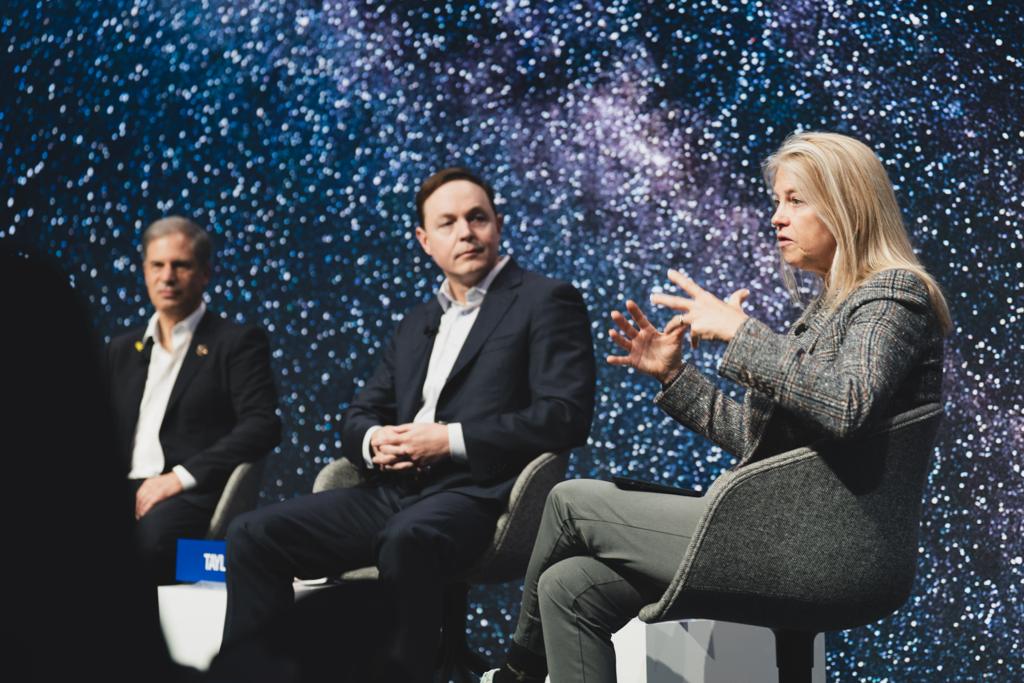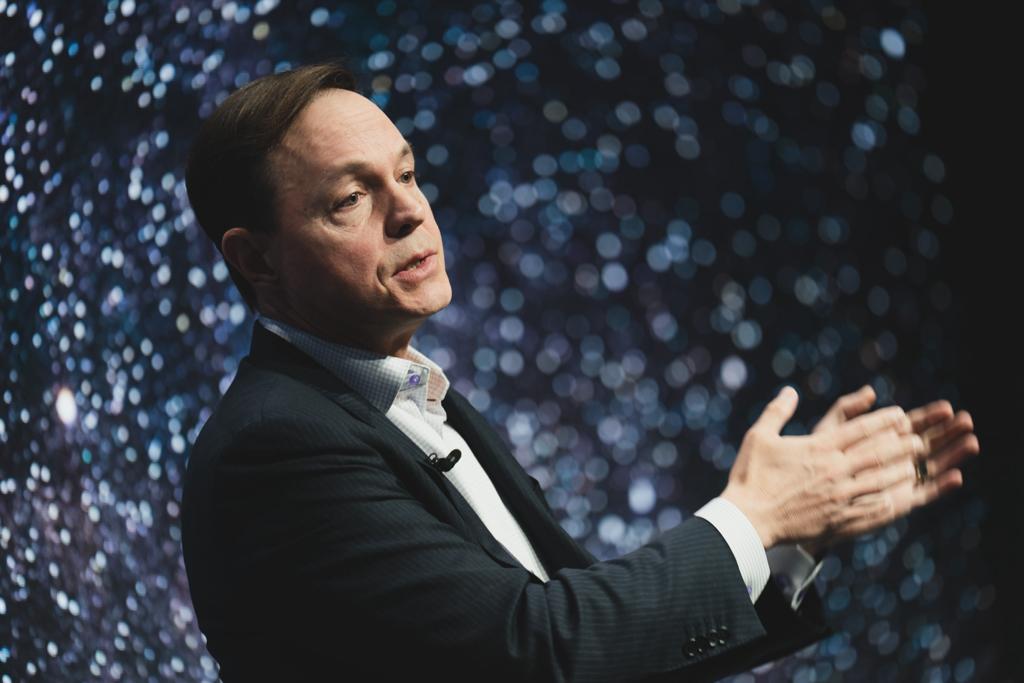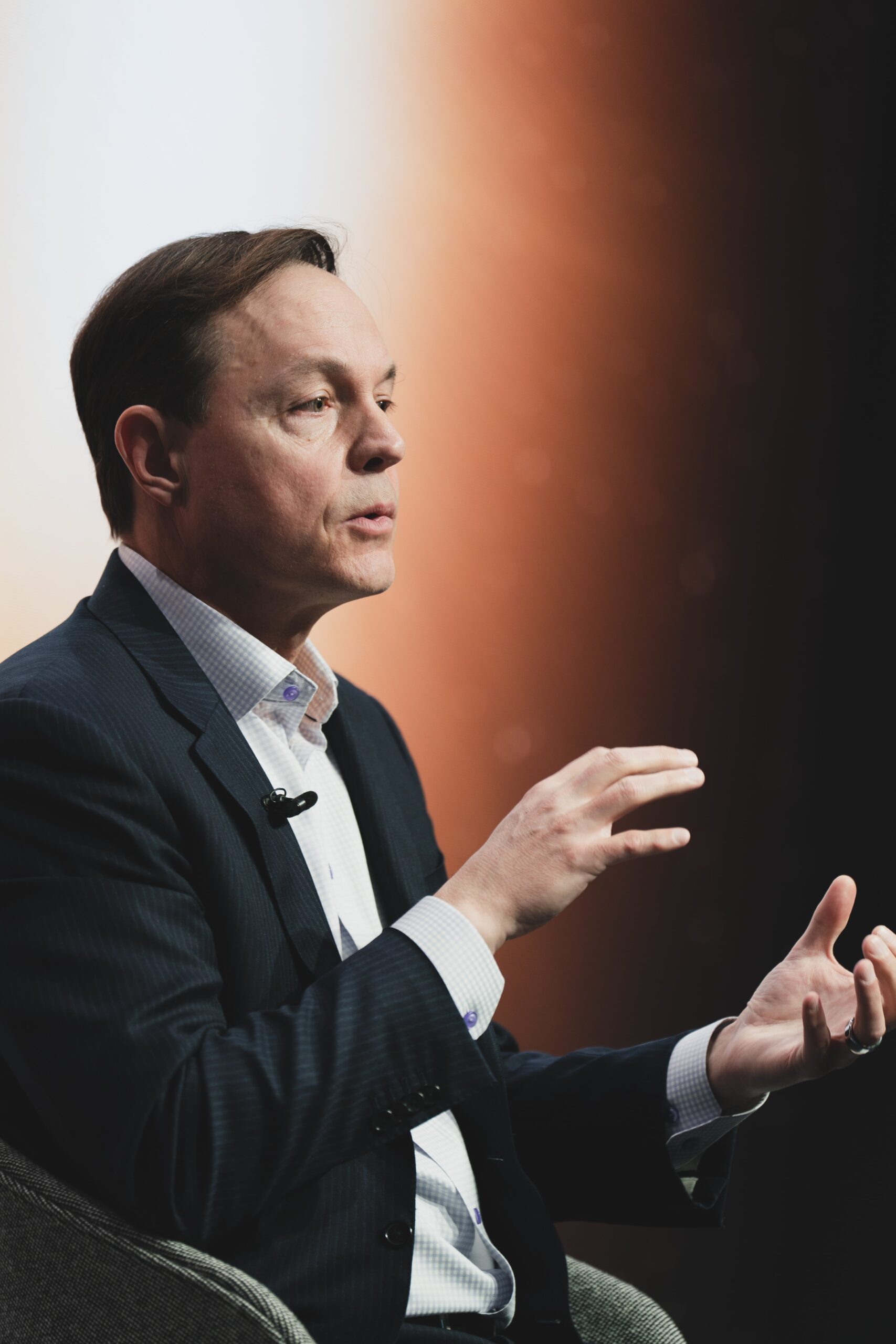The World Economic Forum’s (WEF) 54th annual conference in Davos, Switzerland, took place from January 15-19. I was honored to once again participate in this unparagoned event, which each year brings together leading minds in government, civil society, business, technology, and other crucial fields to discuss prevailing global issues and priorities for the upcoming year.


This year’s conference saw many high-level discussions centered on themes of trust and adaptation amidst rapidly evolving topics like artificial intelligence, climate change, economic stability, and global security. My involvement in the event focused on both the future of the emergent space economy – namely, its growth implications between now and 2035 – and the equally dynamic role of astronauts within the modern space industry. All told, I had the privilege to speak at five different events and conduct several global media interviews with CNBC, Deutsche Welle, and the Wall Street Journal.

While artificial intelligence certainly took center stage this year, there were three key themes I took away from my time at Davos:
Space Ascends the Agenda
It became increasingly clear that space is no longer a nascent industry. Space served as a central theme in almost every discussion, ranging from new technology innovation to global commerce. More people than ever are realizing our industry isn’t about setting our sights on escaping from Earth, but rather that space holds immense power and opportunity to better life here on Earth.

Here on Earth, It’s a Tale of Two Worlds
In a surprising turn of events, geopolitics played a diminished role compared to previous years. Despite 45 heads of state in attendance, the discussions veered away from global conflicts and leaned more towards fostering global commerce. While the mood in the United States and Europe reflected a certain level of pessimism, the rest of the world painted a contrasting picture – one of optimism and bullish enthusiasm. Davos 2024 served as a stage where the world grappled with the duality of perspectives, showcasing the complexities of global sentiment. The rise of India was a notable highlight, signaling a shift towards collaborative efforts in growing markets. India, together with many Gulf nations and emerging economies, believes their time to take the global stage has come, and it is hard to argue against that narrative.
Everyone’s in the Space Industry…
…whether they know it or not. The space industry is no longer exclusive to specialized companies; instead, non-space companies have increasingly gravitated to opportunities within the space domain. Satellite communication, Earth observation, and space-based technologies have become integral business tools worldwide. Whether optimizing supply chains, monitoring environmental sustainability, maximizing agricultural productivity, or revolutionizing global connectivity, the ability to leverage space has become a universal catalyst for innovation. This horizon of opportunities will only continue to expand.
I’m grateful for the opportunity to continue to share insights and engage in meaningful conversations at the World Economic Forum. Space, once considered a niche industry, has now become a pervasive force for positive change on Earth. As we navigate a future where every company is a space company, the cosmos beckons as a frontier of tangible possibilities, reminding us that the journey for Humanity has only just begun.


It was an honor speaking alongside Dr. Dava Newman, Director of MIT Media Lab; Mr. Eytan Stibbe, Founding Partner, Vital Capital Fund; and Dr. Soichi Noguchi, Professor, Inclusive Design Laboratory Project, University of Tokyo, on the Purpose of Astronauts Panel.
Watch the full panel recording here.






